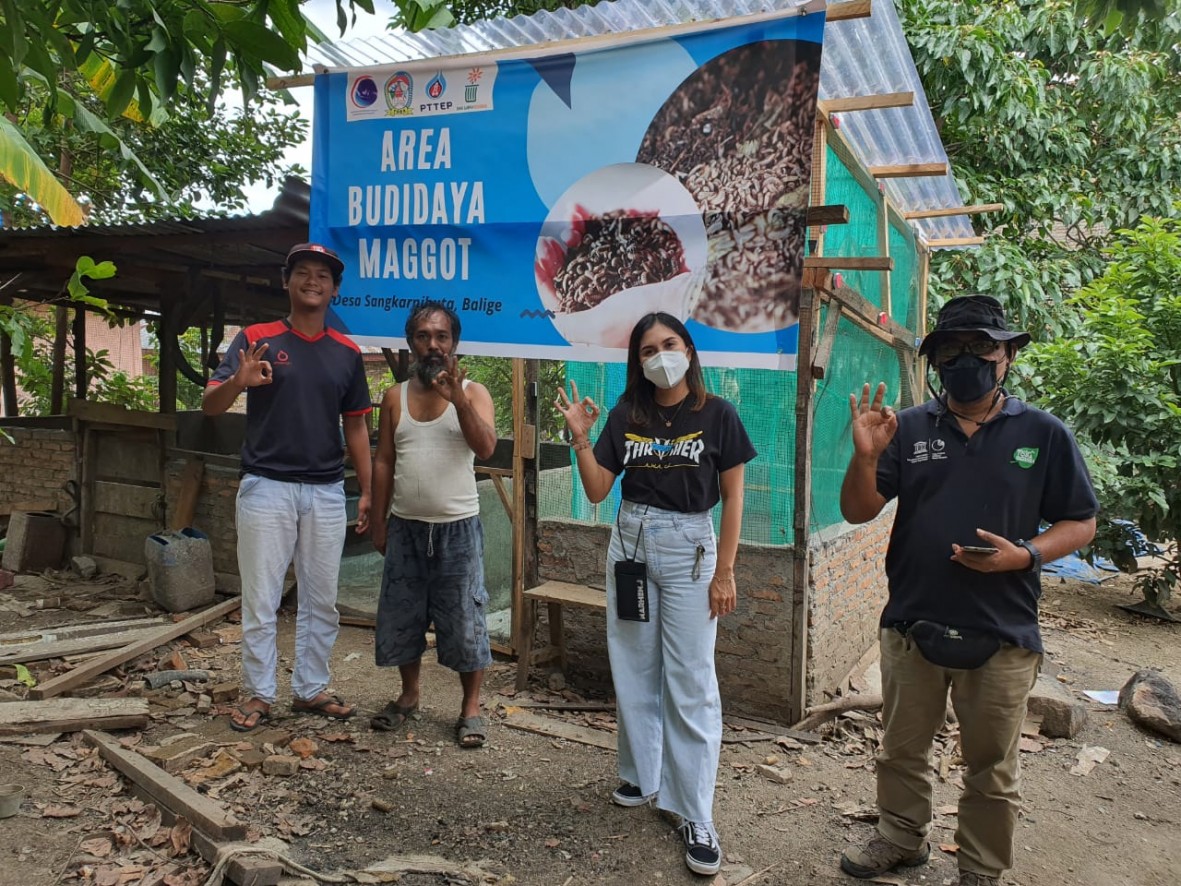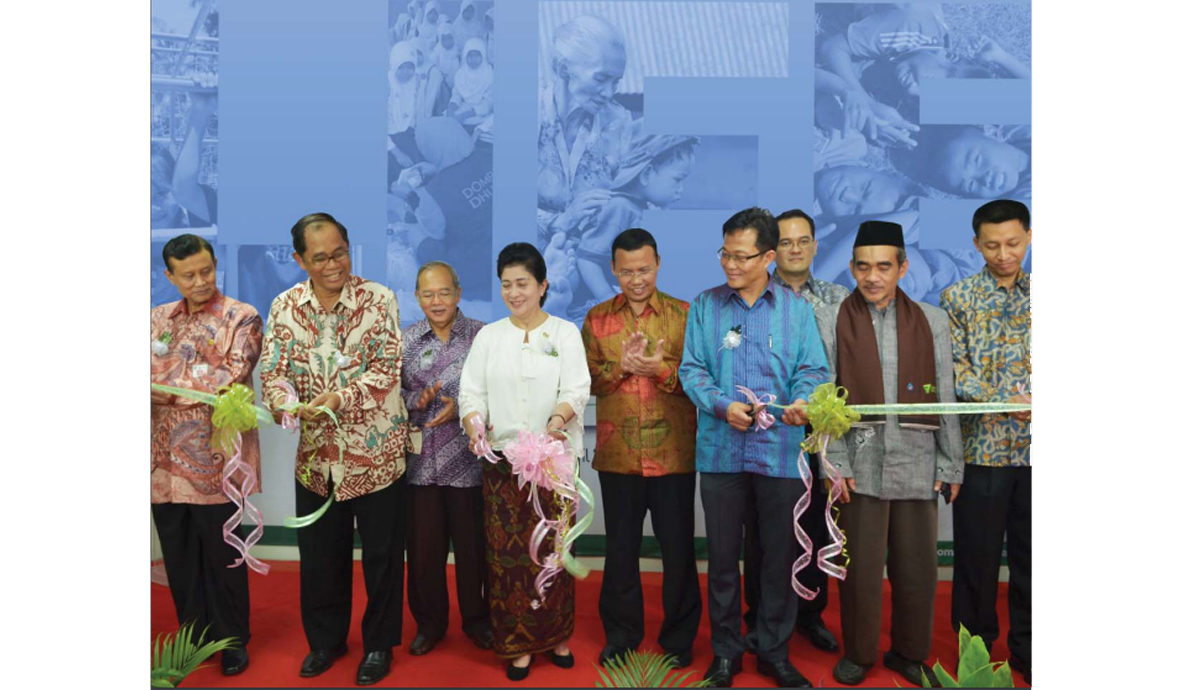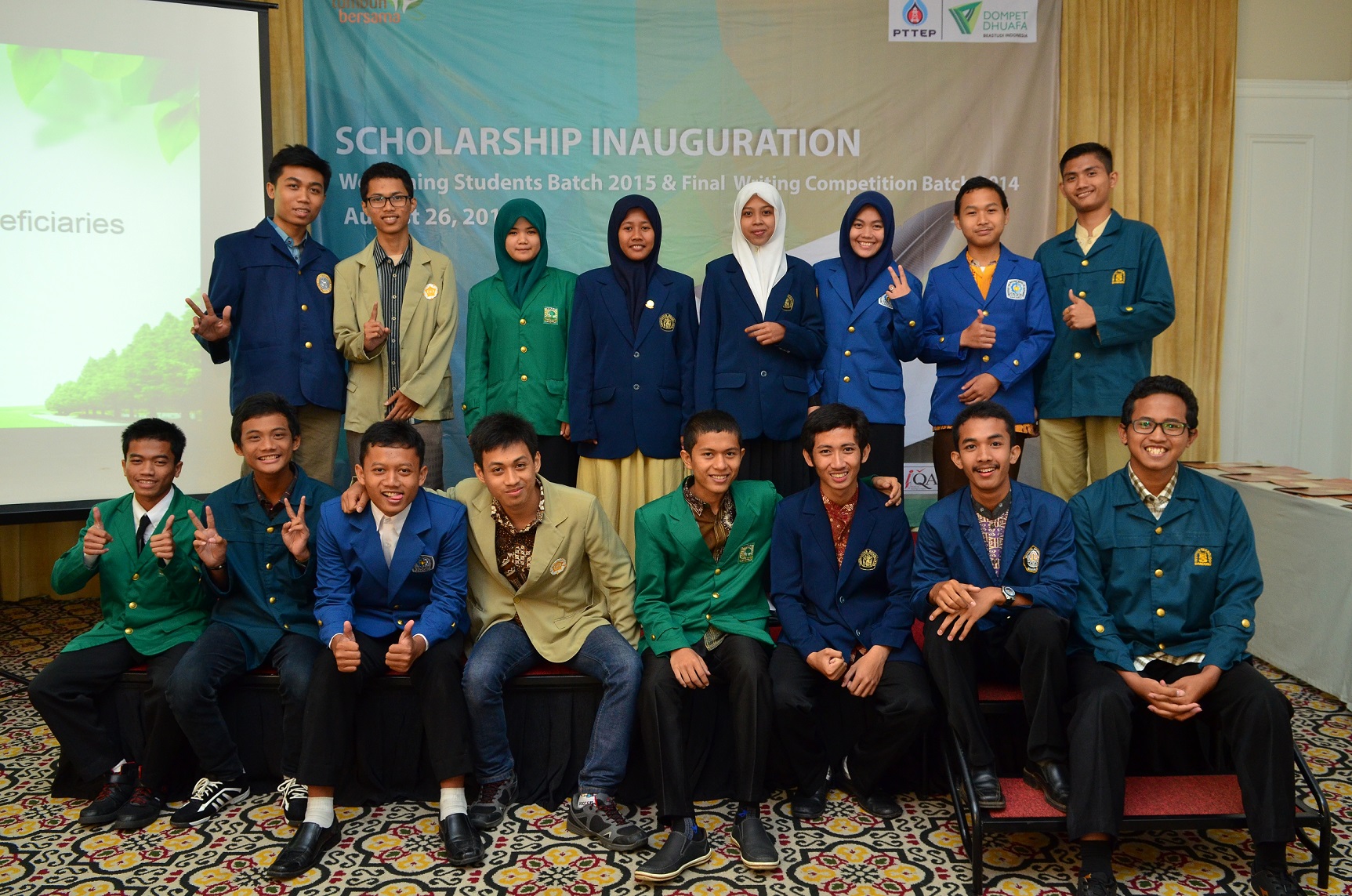
Pengelolaan Sampah Terpadu
Pemerintah telah memperkenalkan lima destinasi wisata “Super Prioritas” sebagai program inti pengembangan pariwisata, yang meliputi pembangunan infrastruktur dari jalan raya hingga energi. Lima destinasi super prioritas tersebut adalah Danau Toba di Sumatera Utara, Candi Borobudur di Jawa Tengah, Labuan Bajo di Nusa Tenggara Timur (NTT), Mandalika di Nusa Tenggara Barat (NTB) dan Likupang di Sulawesi Utara.
PTTEP diundang untuk berpartisipasi dalam Gerakan Nasional Indonesia Bersih yang dipimpin oleh Kementerian Koordinator Bidang Kemaritiman dan Investasi (Marves), untuk mendukung program pemerintah khususnya di Kecamatan Balige Kabupaten Toba, Sumatera Utara sebagai daerah percontohan. .
Melalui program ini, isu tersebut di atas ditransformasikan menjadi ekonomi sirkular melalui pengembangan UKM dan menjadi solusi untuk menciptakan lingkungan yang bersih dan sehat, Danau Toba yang bersih, dan alat pendukung program pemulihan ekonomi bagi masyarakat, khususnya yang tinggal di sekitar Danau Toba.
Program pengelolaan sampah terpadu di Kabupaten Toba meliputi 3 kegiatan pokok yaitu :
1. Program Capacity Building, mengedukasi guru SD dengan menyediakan alat bermain edukatif dan teknik pengajaran yang memungkinkan siswa menyerap ilmu, khususnya tentang 3R pengelolaan sampah (Reduce, Reuse dan Recycling).
2. Bank Sampah, program yang membantu masyarakat memilah dan memanfaatkan sampah organik melalui pembangunan bank sampah
3. Insinerator adalah unit mobilitas yang digunakan untuk menghentikan residu limbah yang tidak diinginkan dengan teknologi spesifikasi tinggi termasuk tanpa asap, konsumsi bahan bakar yang efisien dan kandungan lokal 80%
Pendekatan yang menerapkan sistem pengelolaan sampah terpadu ini diharapkan dapat mengurangi hingga 70% sampah yang akan masuk ke TPA, sungai dan danau di wilayah tersebut.
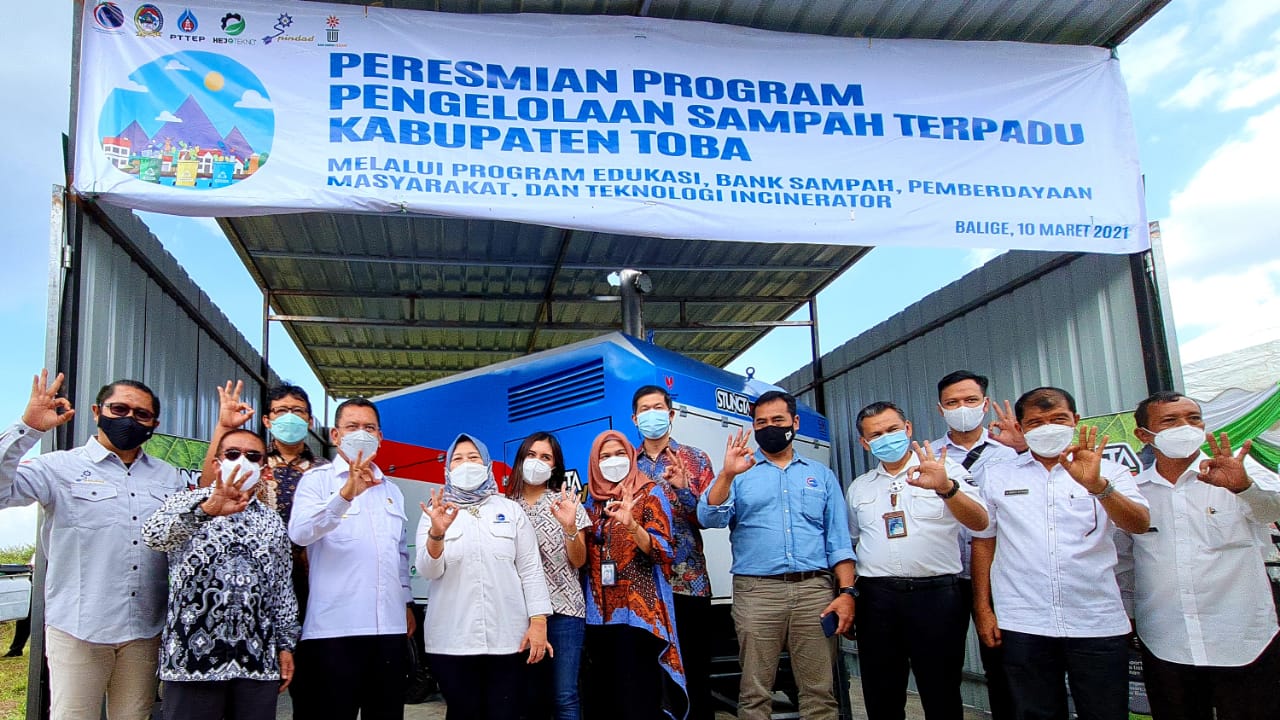
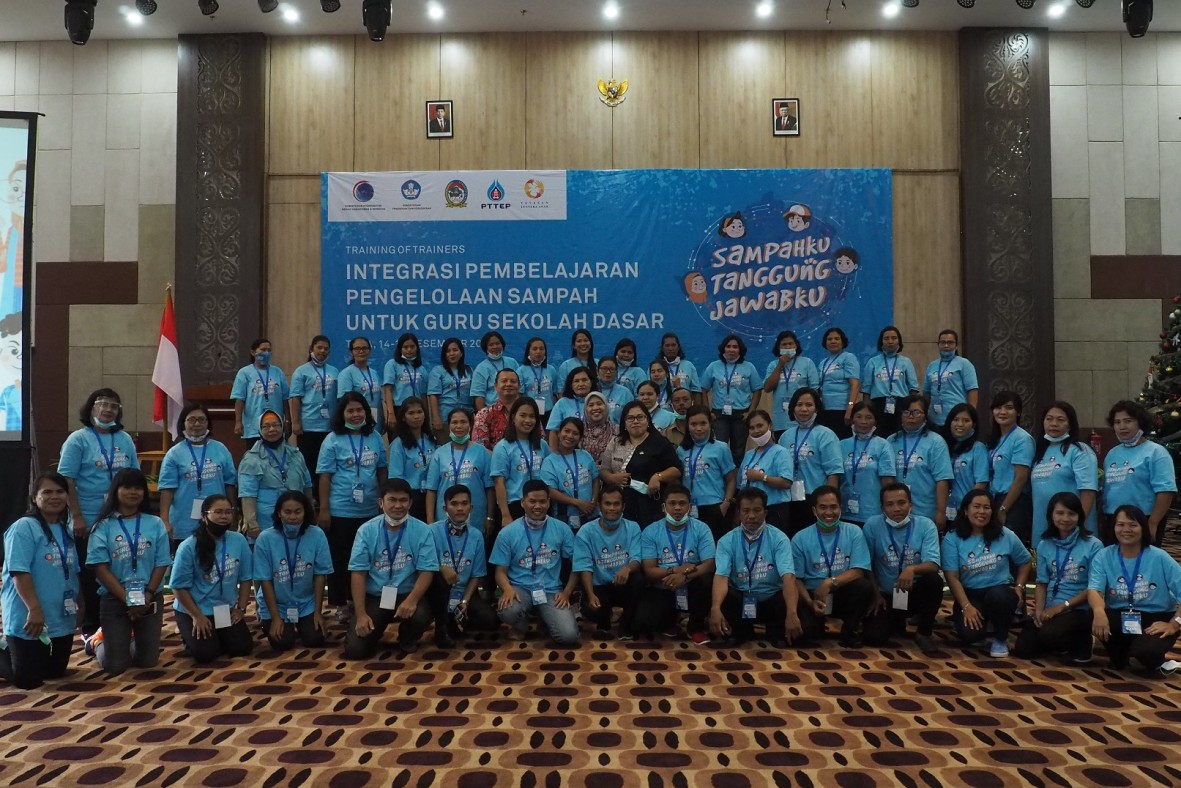
.jpeg)
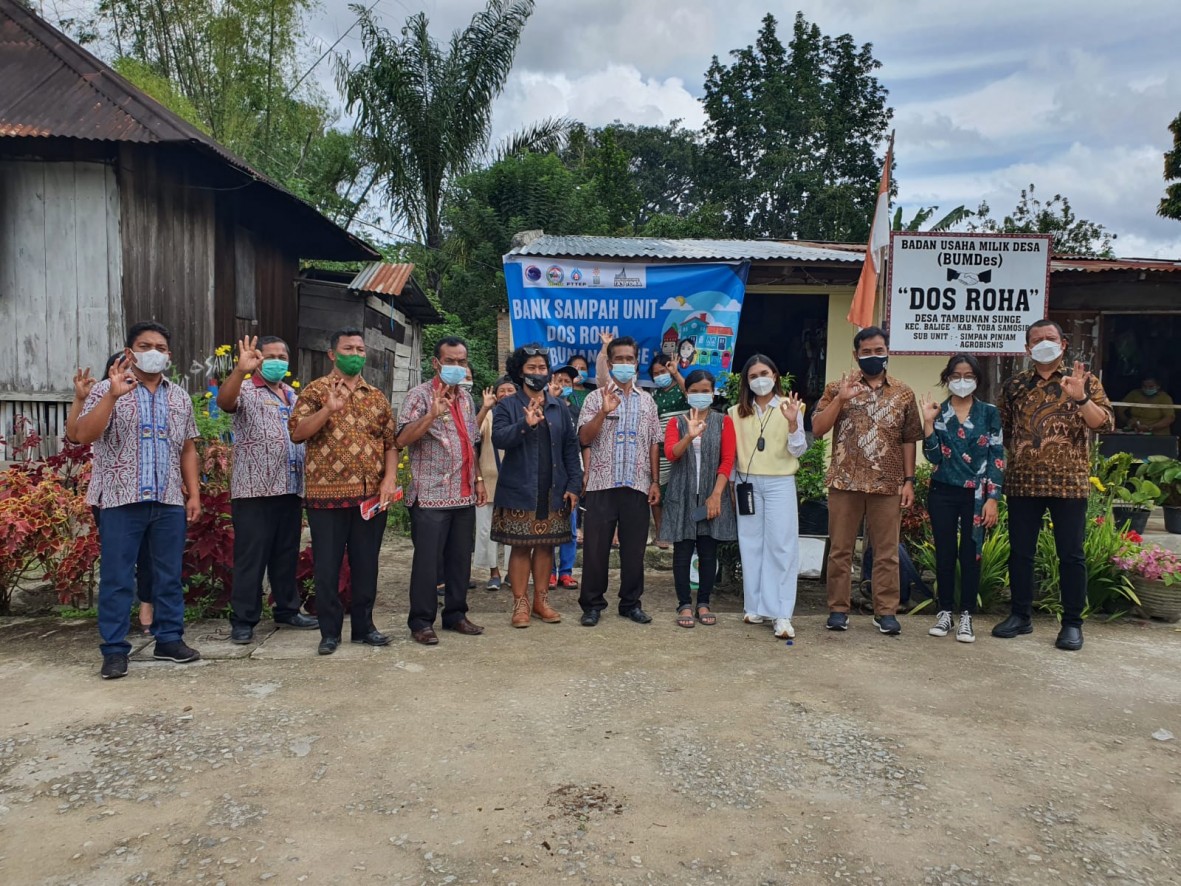
.jpeg)
